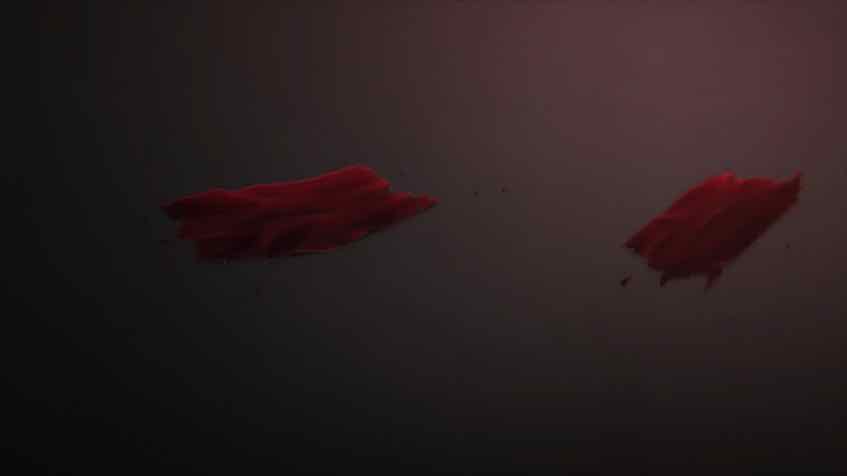 Yofukashi no Uta is another of those series that draws very few comments despite being relatively popular. Which is interesting, as I find it to be sort of deceptively deep. Some shows are good at transitioning from lighter to darker themes, thriving on the dynamism. Call of the Night is more about doing both at the same time. Everything seems to have an undertone that contrasts with the surface vibe, and this episode was a perfect example of that.
Yofukashi no Uta is another of those series that draws very few comments despite being relatively popular. Which is interesting, as I find it to be sort of deceptively deep. Some shows are good at transitioning from lighter to darker themes, thriving on the dynamism. Call of the Night is more about doing both at the same time. Everything seems to have an undertone that contrasts with the surface vibe, and this episode was a perfect example of that.
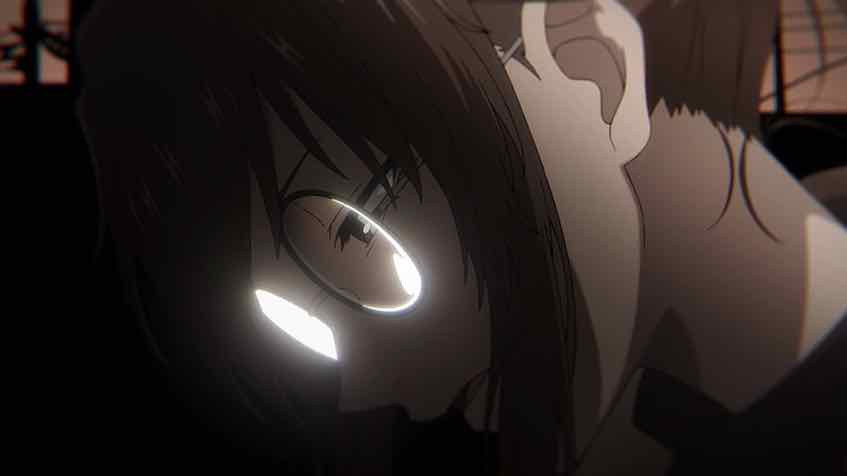 It seems as if the whole shinigami detective thing is a premise to revisit all the supporting cast of the first season to warn them. This time around it’s Midori, who popped up in Episode 7 and then returned for the maid cafe ep. As you recall she has a thing for virgins, and originally had her sights set on Kou, who’s about as virginal as it gets (and I’m not convinced she’s given up the ghost on that). We do make a brief visit with Kabura, who’s removed her personal effects just in the nick of time to keep them out of Anko’s hands. She notes that while she has little attachment to this life (remember that moment), she still has to fulfil her promise to Haru by seeing Nazuna turn a human.
It seems as if the whole shinigami detective thing is a premise to revisit all the supporting cast of the first season to warn them. This time around it’s Midori, who popped up in Episode 7 and then returned for the maid cafe ep. As you recall she has a thing for virgins, and originally had her sights set on Kou, who’s about as virginal as it gets (and I’m not convinced she’s given up the ghost on that). We do make a brief visit with Kabura, who’s removed her personal effects just in the nick of time to keep them out of Anko’s hands. She notes that while she has little attachment to this life (remember that moment), she still has to fulfil her promise to Haru by seeing Nazuna turn a human.
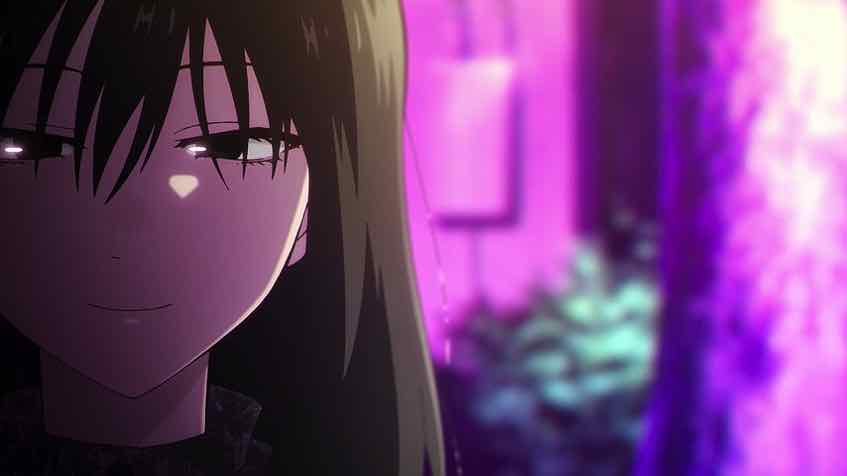 Kabura also drops the bomb that Naz’ parents are dead. Haru refused to consume blood after she got married, and the aftereffects of childbirth (which is presumably unnatural and perilous for vampires) were too much for her. Her human husband spoke with Kabura once, then passed away soon after himself. Kabura says that Haru was apparently in love with him for real and, more interestingly, that she envies her for it. It does indeed seem that Kabura is something of a reluctant vampire, one who’s kept one foot on the human side of the line far more than most of her kind.
Kabura also drops the bomb that Naz’ parents are dead. Haru refused to consume blood after she got married, and the aftereffects of childbirth (which is presumably unnatural and perilous for vampires) were too much for her. Her human husband spoke with Kabura once, then passed away soon after himself. Kabura says that Haru was apparently in love with him for real and, more interestingly, that she envies her for it. It does indeed seem that Kabura is something of a reluctant vampire, one who’s kept one foot on the human side of the line far more than most of her kind.
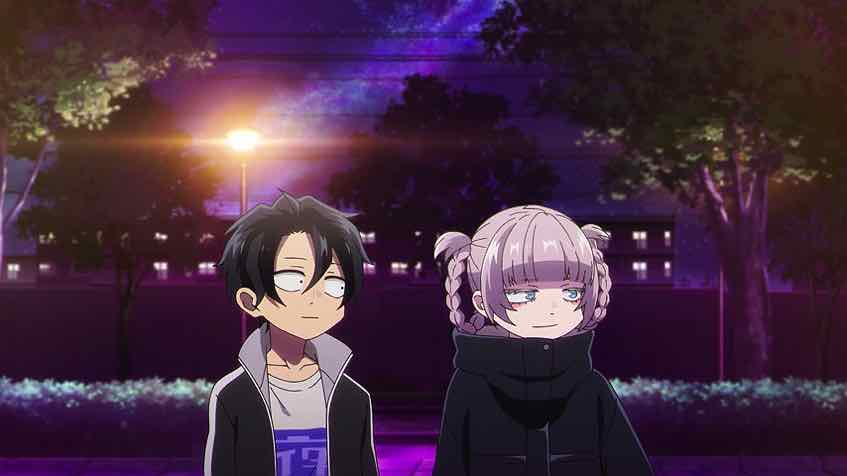 Nazuna professes not to care a whit about parents she’s never met – we’ll see how true that turns out to be. For now she and Kou accompany Midori to Akihabara to search for her kryptonite, because Naz is keen to see real otaku in their natural habitat. Kou is struck by the fact that it doesn’t look like the cosplay area at Comiket or anything, and Midori tells him that to an extent the otaku world has moved on from Akiba as it’s gotten mainstream (accurate). Her reason for coming here is one of her offspring, someone she suspects will be just the ticket for learning about her past.
Nazuna professes not to care a whit about parents she’s never met – we’ll see how true that turns out to be. For now she and Kou accompany Midori to Akihabara to search for her kryptonite, because Naz is keen to see real otaku in their natural habitat. Kou is struck by the fact that it doesn’t look like the cosplay area at Comiket or anything, and Midori tells him that to an extent the otaku world has moved on from Akiba as it’s gotten mainstream (accurate). Her reason for coming here is one of her offspring, someone she suspects will be just the ticket for learning about her past.
 It’s funny, as soon as LG popped up on-screen, I said “I bet he’s going to be Sugita Tomokazu“. It’s very on the nose to be sure, but I guess the fit was too obvious to resist. LG stands for “Love Green”, and he was indeed turned by Midori. She professes a preference for otaku and virgins, and it turns out she actually fell in love with one. She’s kept LG to herself not because she was ashamed of his appearance (I think he was just being self-deprecating when he suggested it) but because she doesn’t want to share him with anyone else. And while Midori’s view of LG is pretty idealized, he does indeed turn out to be a super nice and very smart guy (and he’s certainly devoted to Midori).
It’s funny, as soon as LG popped up on-screen, I said “I bet he’s going to be Sugita Tomokazu“. It’s very on the nose to be sure, but I guess the fit was too obvious to resist. LG stands for “Love Green”, and he was indeed turned by Midori. She professes a preference for otaku and virgins, and it turns out she actually fell in love with one. She’s kept LG to herself not because she was ashamed of his appearance (I think he was just being self-deprecating when he suggested it) but because she doesn’t want to share him with anyone else. And while Midori’s view of LG is pretty idealized, he does indeed turn out to be a super nice and very smart guy (and he’s certainly devoted to Midori).
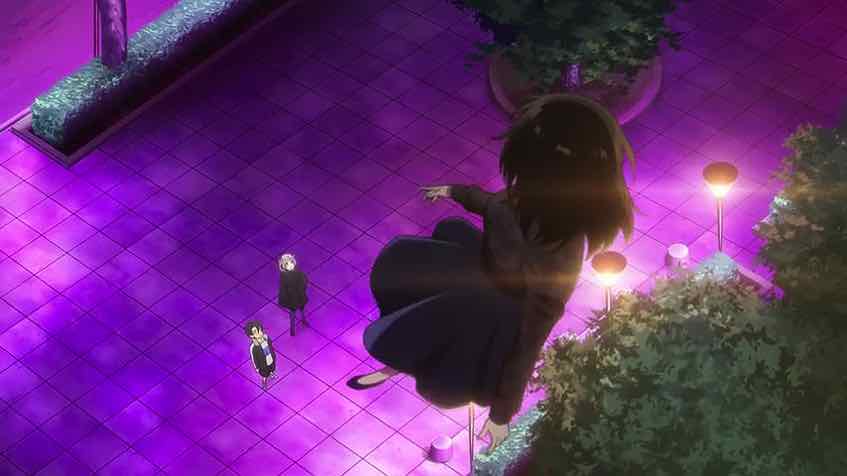 This whole sequence is very funny, and the two of them stanning each other is cute as hell. But again we get that ominous undertone, because the stakes are extremely high here and who knows, Anko could show up any time, anywhere. LG doesn’t have to look for Midori’s human attachments – he’s already researched and obtained them. He has no issue with destroying them if it’s to protect Milady, but then the subject turns to his own past. And LG is insistent that his will remain a secret, even with his life on the line. Metaintei Kou puts his mind to it, though, and starts a winnowing process that leads to 300 (all unsold) copies of an 18+ Midori doujin LG wrote before she turned him.
This whole sequence is very funny, and the two of them stanning each other is cute as hell. But again we get that ominous undertone, because the stakes are extremely high here and who knows, Anko could show up any time, anywhere. LG doesn’t have to look for Midori’s human attachments – he’s already researched and obtained them. He has no issue with destroying them if it’s to protect Milady, but then the subject turns to his own past. And LG is insistent that his will remain a secret, even with his life on the line. Metaintei Kou puts his mind to it, though, and starts a winnowing process that leads to 300 (all unsold) copies of an 18+ Midori doujin LG wrote before she turned him.
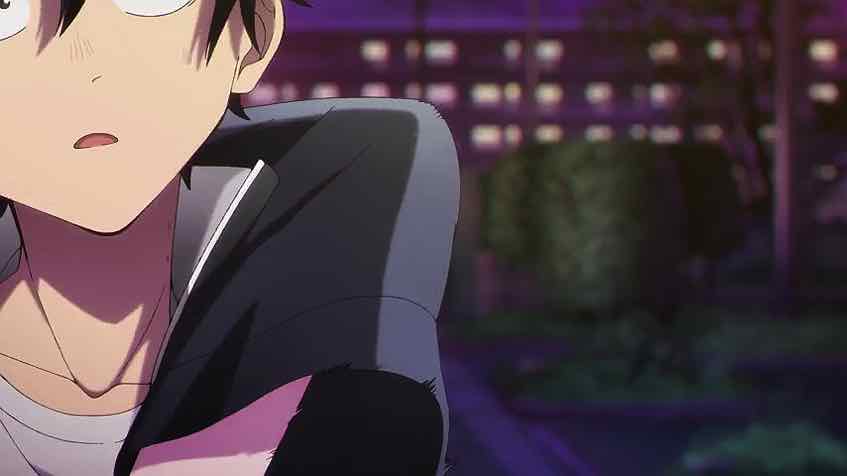 In a funny sort of way this arc does indeed amount to a journey of self-discovery for everybody, whatever the imperative behind it. What does that mean for Nazuna, who professes no interest in her human family? Kou’s idea of self-discovery is fittingly straightforward for a 14 year-old. But it’s basically on-point, which is often his role in the story. His innocent directness cuts through the layers of deception endemic to adult life, much less vampiric existence. Wherever her path takes her (for now it seems to be to a school), Nazuna’s fate is well and truly joined to Kou’s.
In a funny sort of way this arc does indeed amount to a journey of self-discovery for everybody, whatever the imperative behind it. What does that mean for Nazuna, who professes no interest in her human family? Kou’s idea of self-discovery is fittingly straightforward for a 14 year-old. But it’s basically on-point, which is often his role in the story. His innocent directness cuts through the layers of deception endemic to adult life, much less vampiric existence. Wherever her path takes her (for now it seems to be to a school), Nazuna’s fate is well and truly joined to Kou’s.


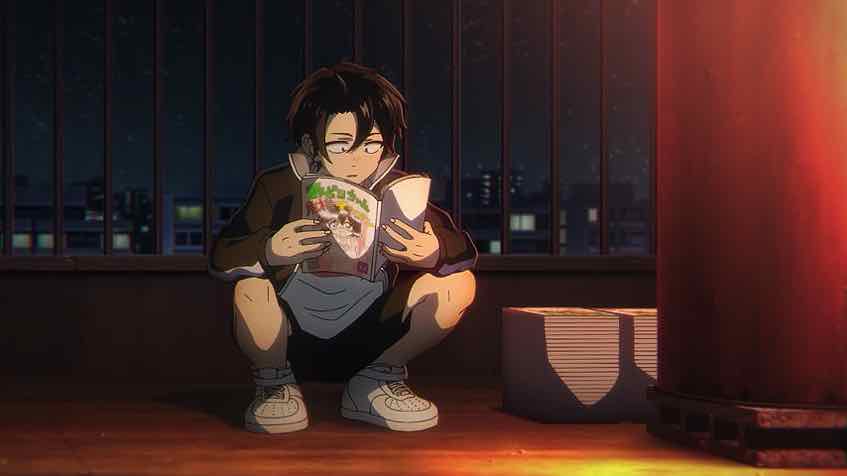
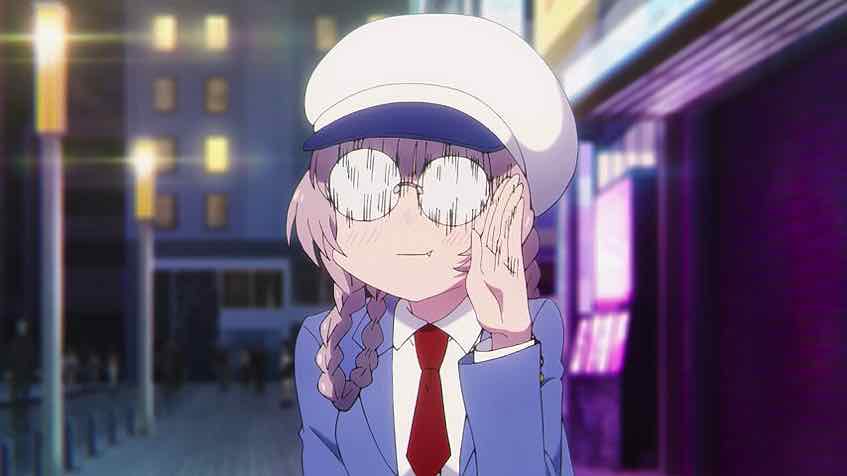
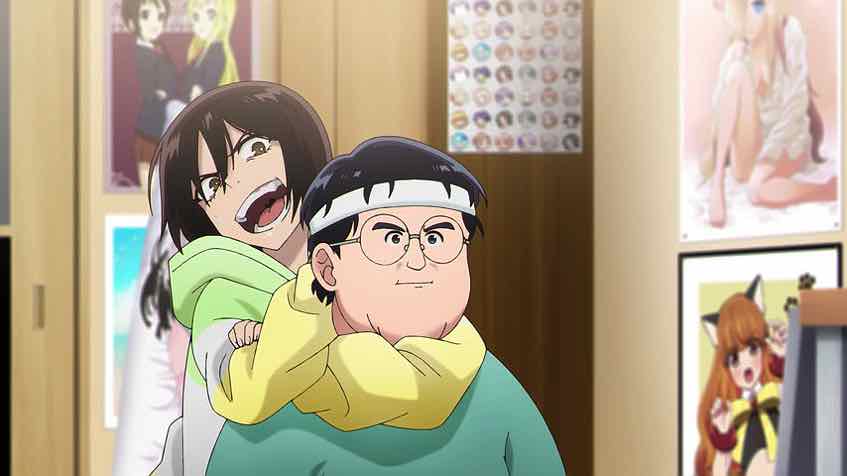
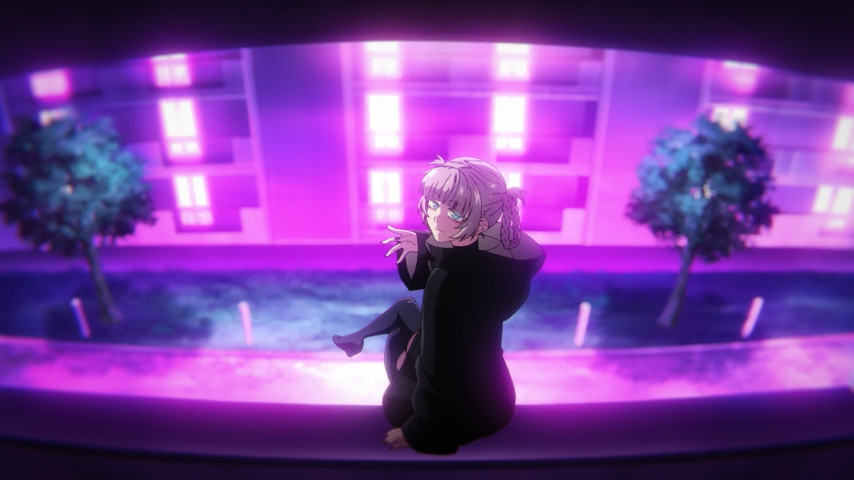
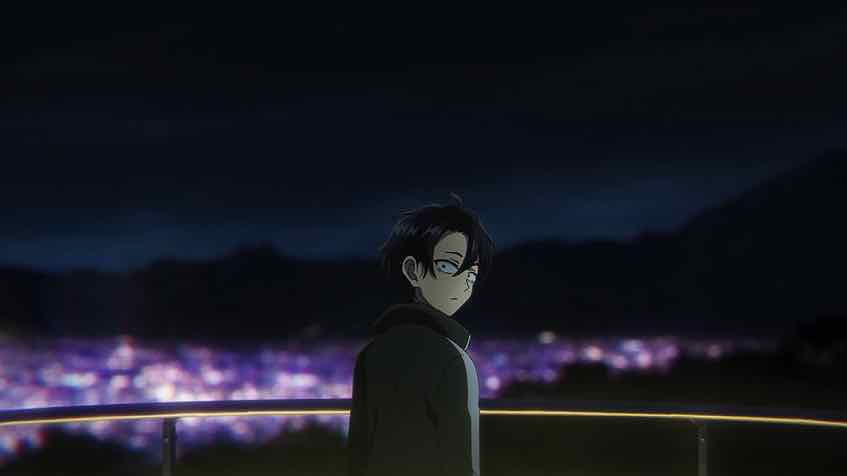
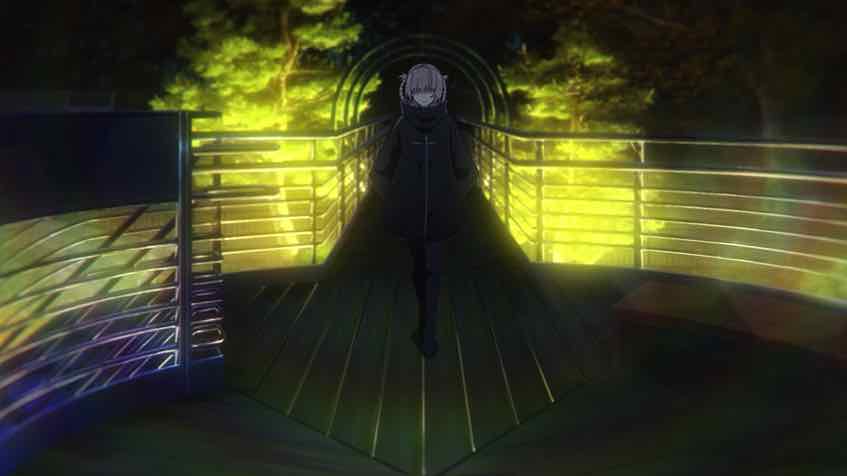
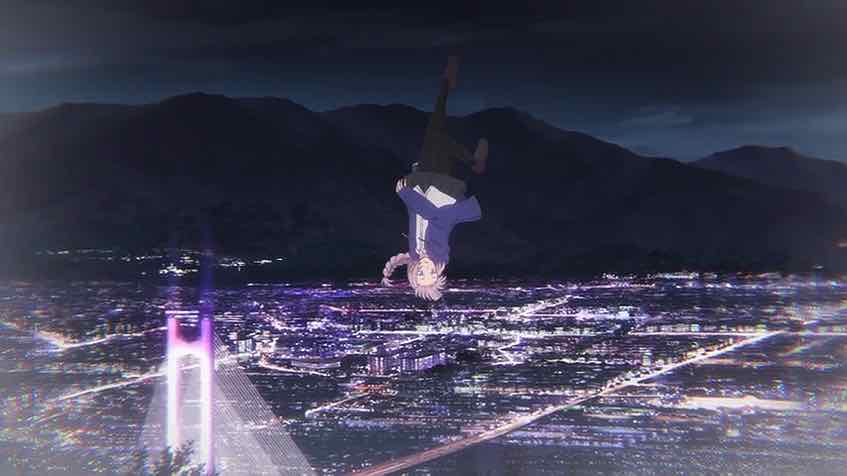
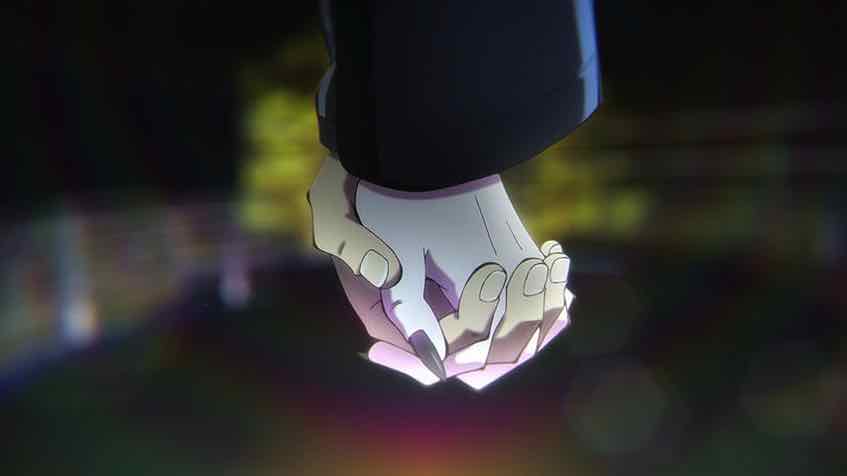

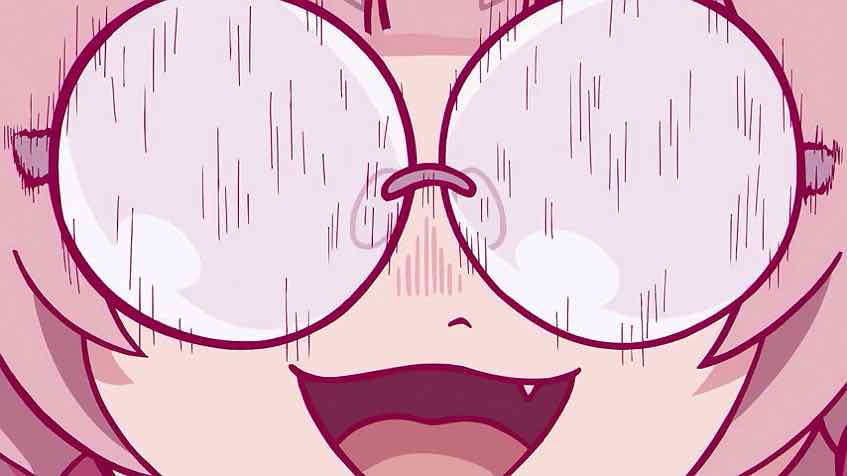
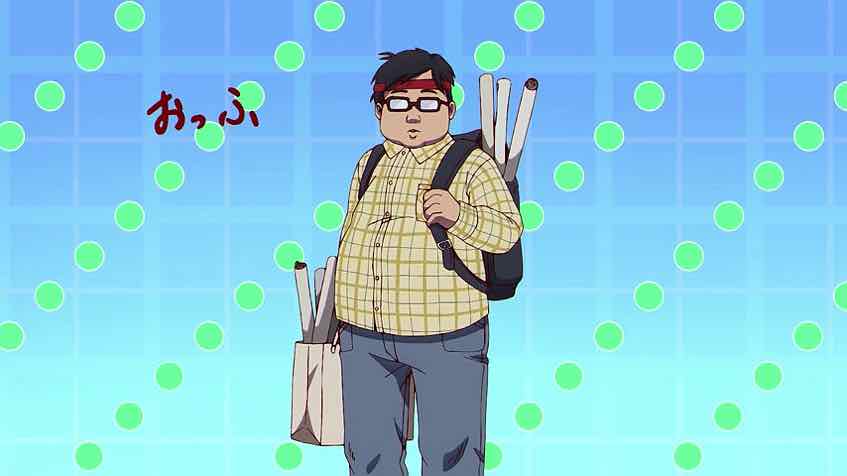
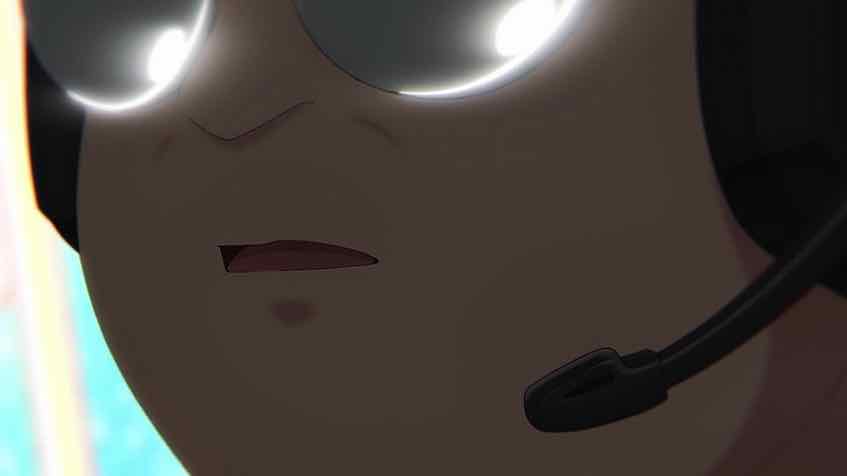
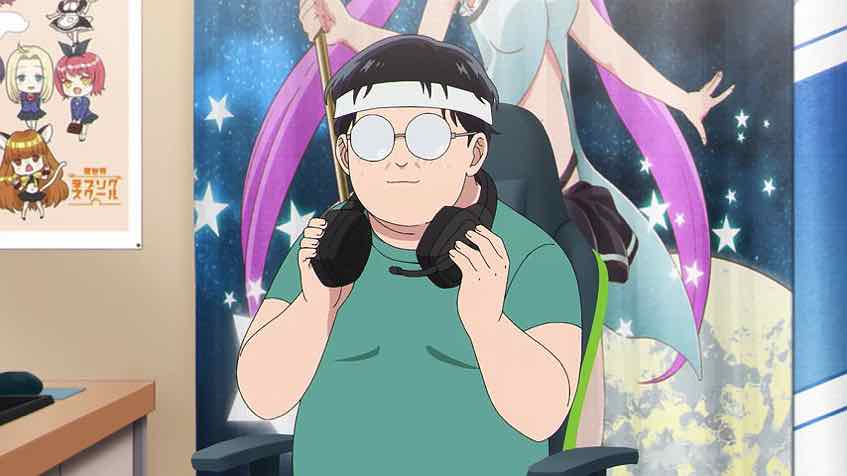

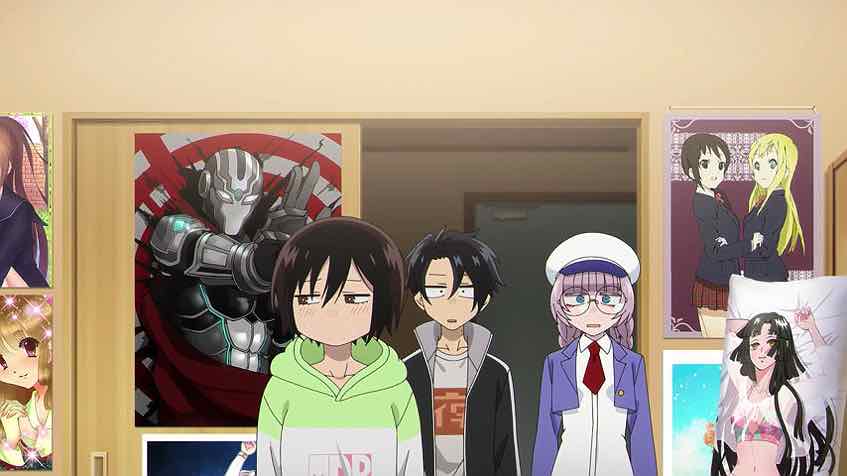
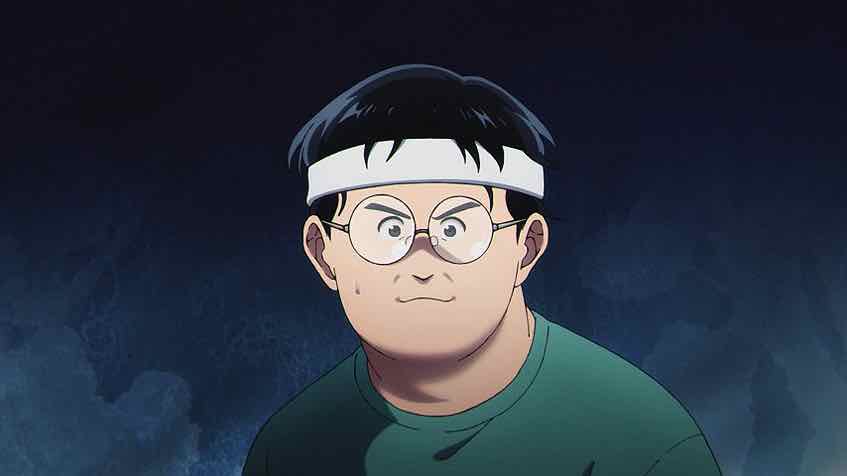
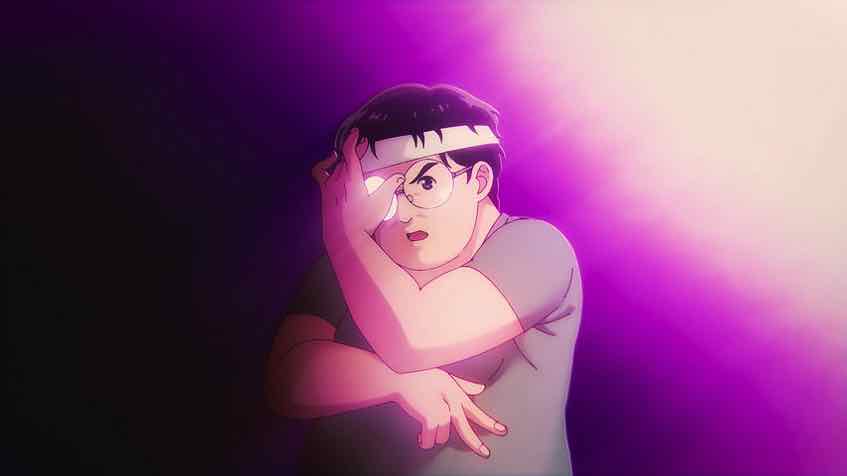
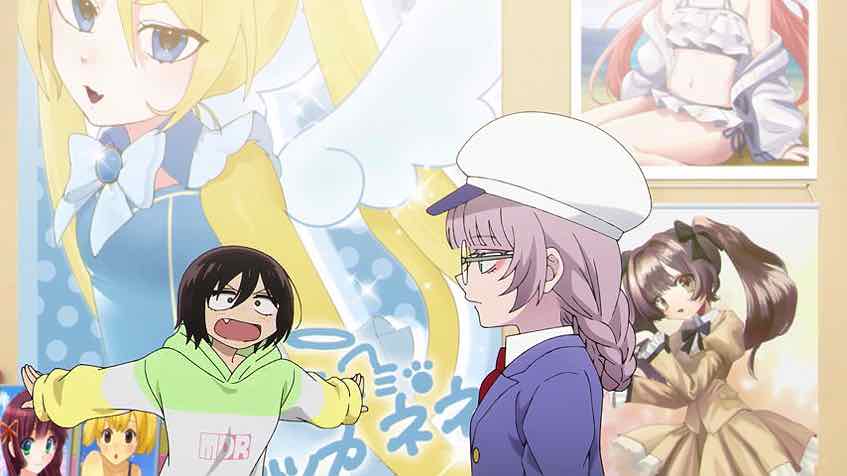
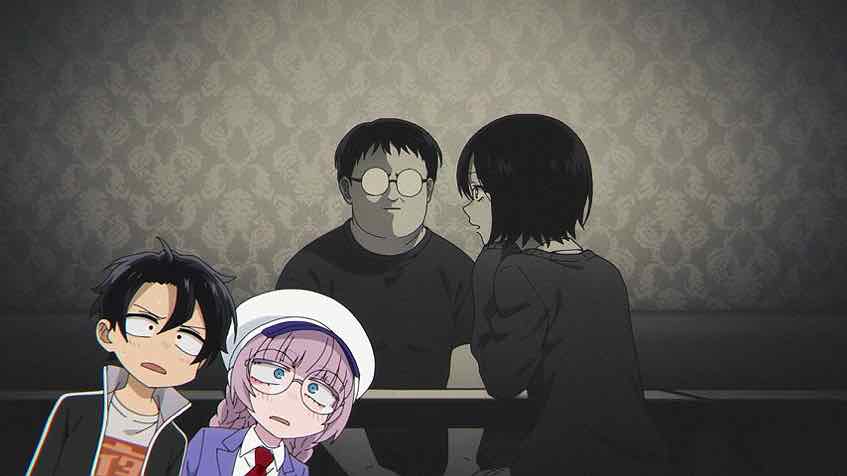
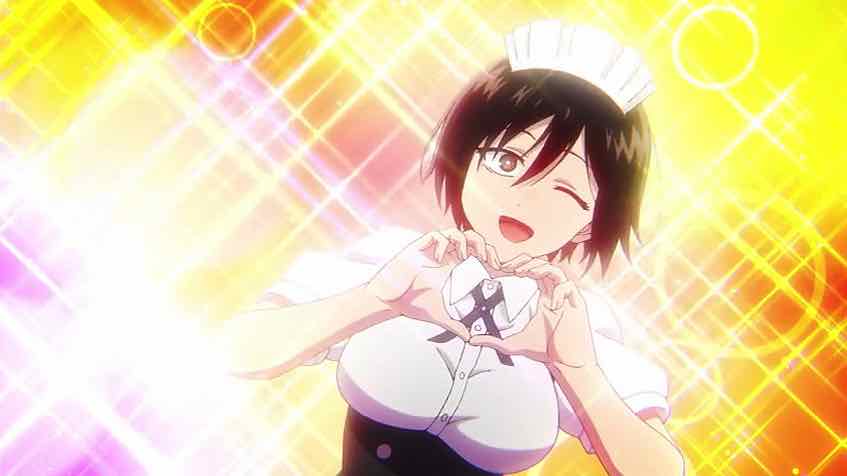
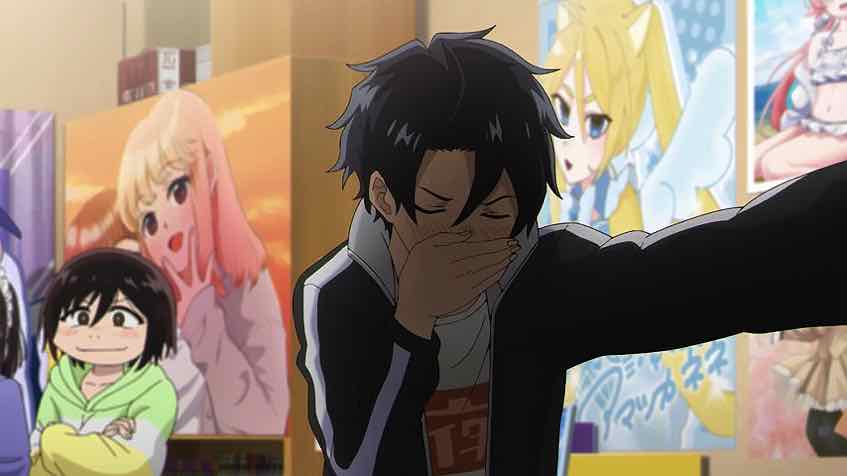
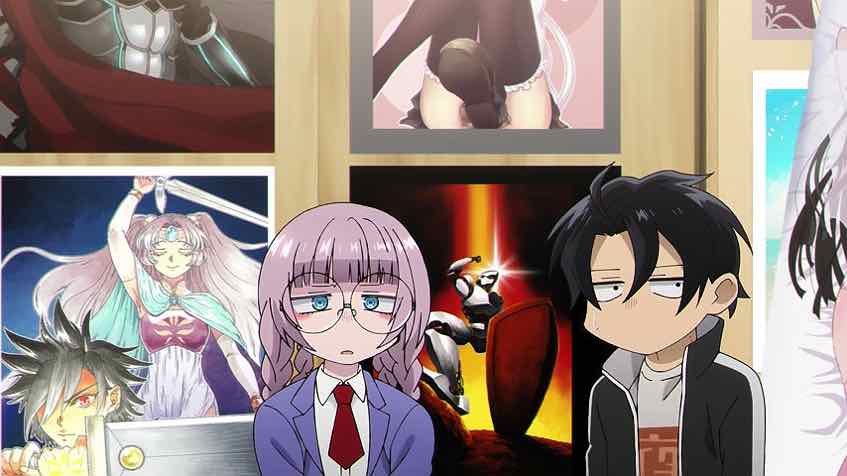
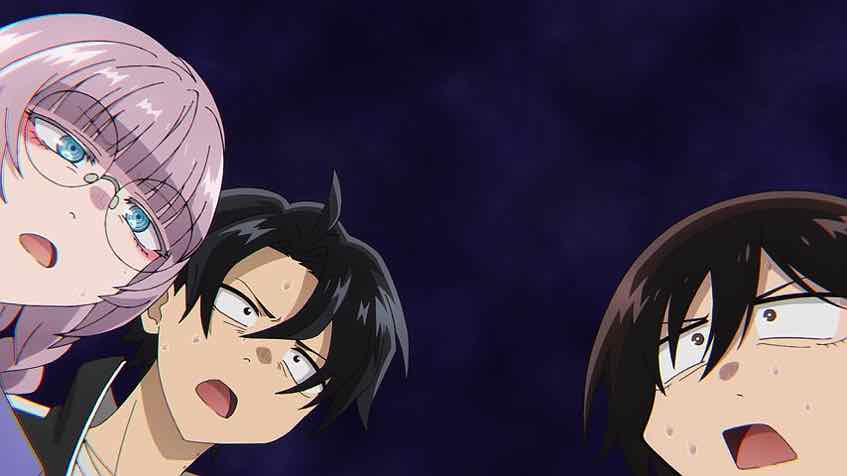
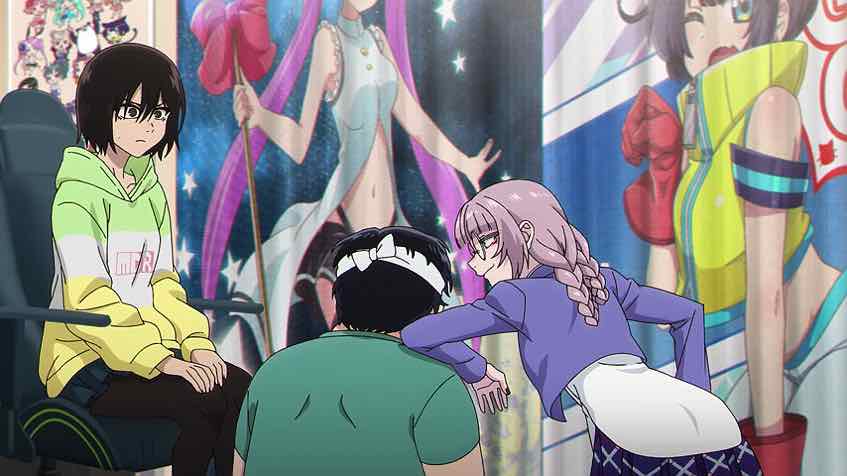
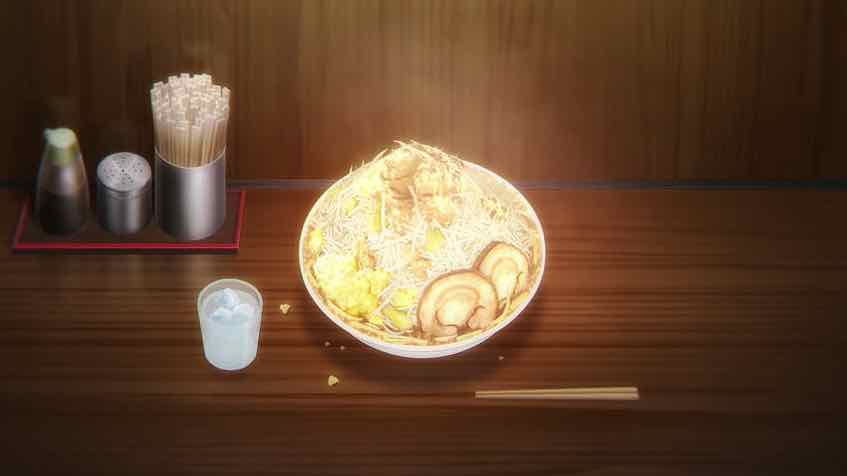
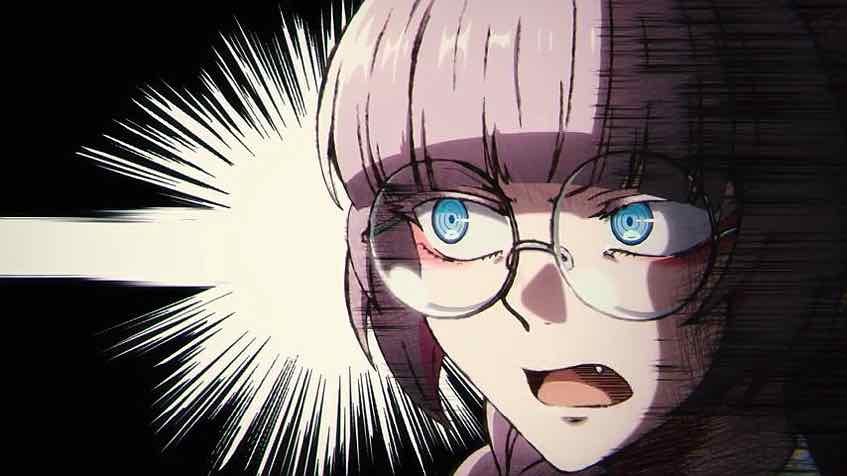
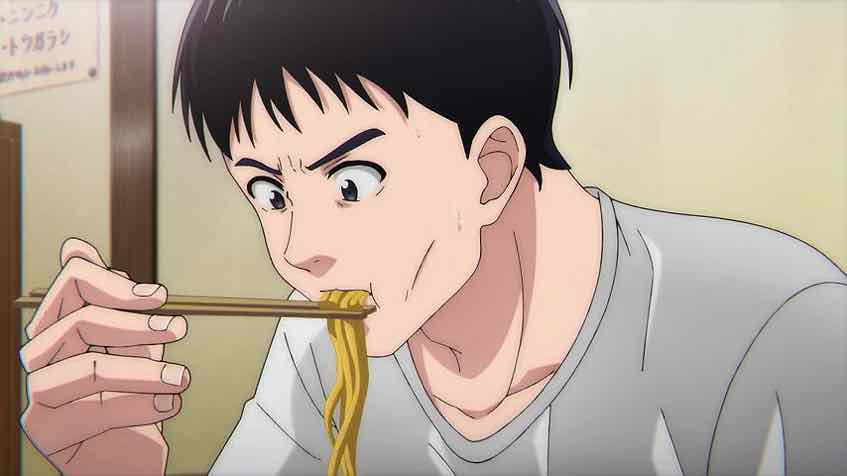
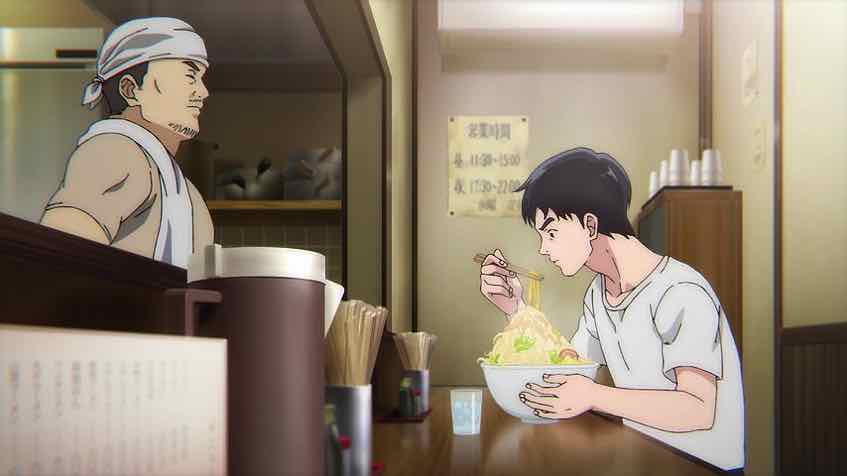
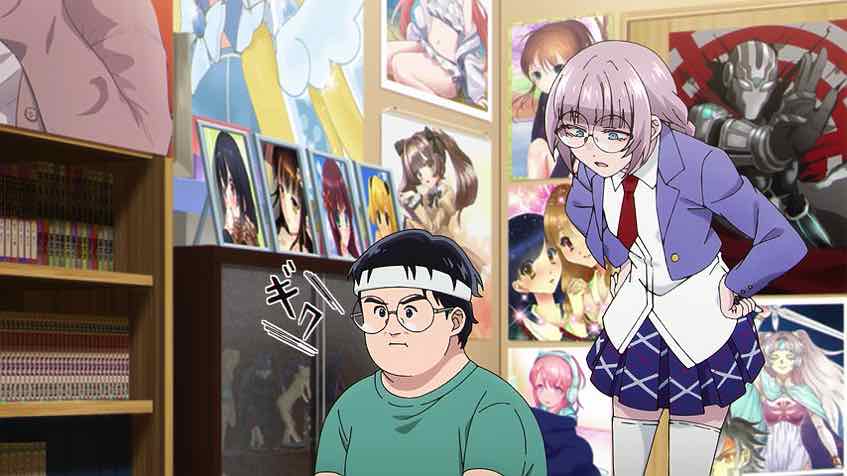
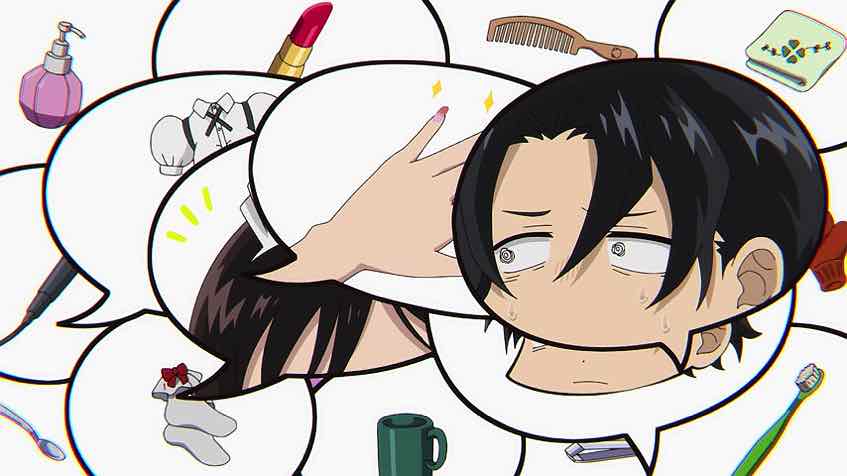
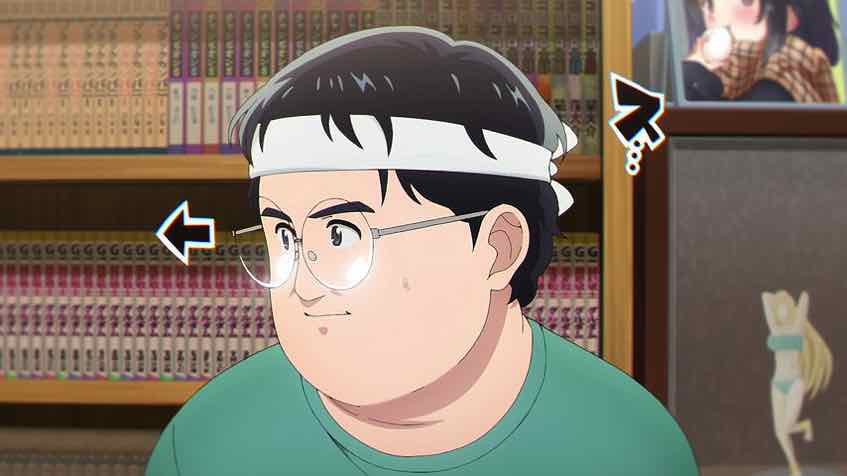
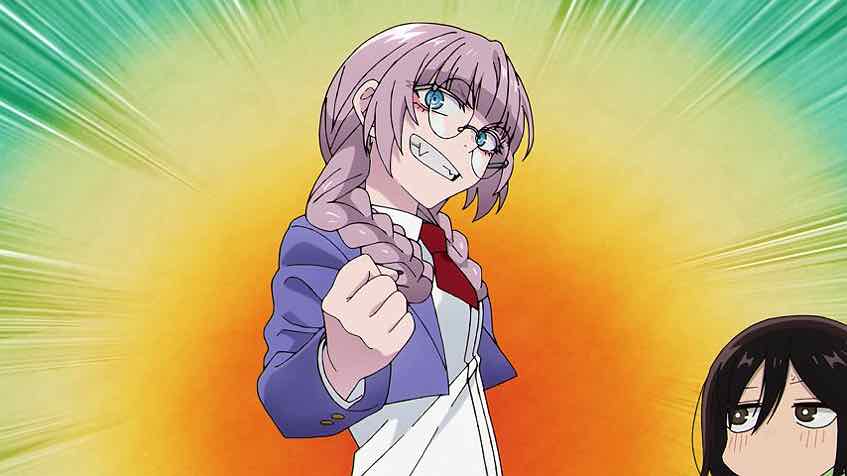
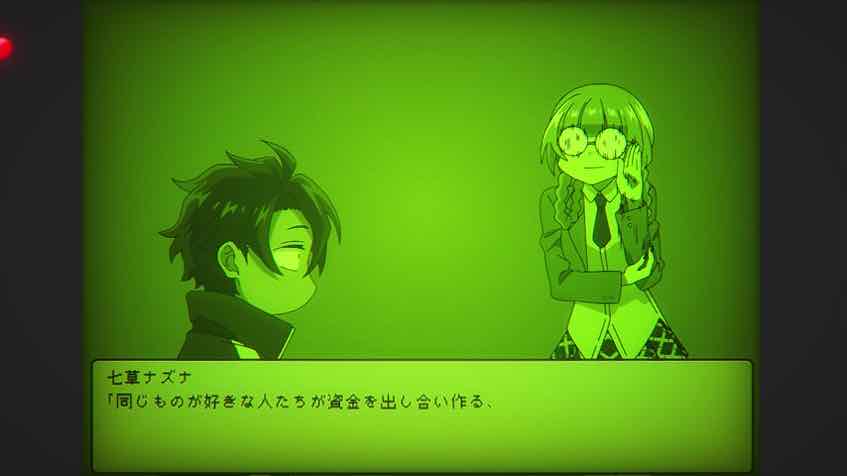
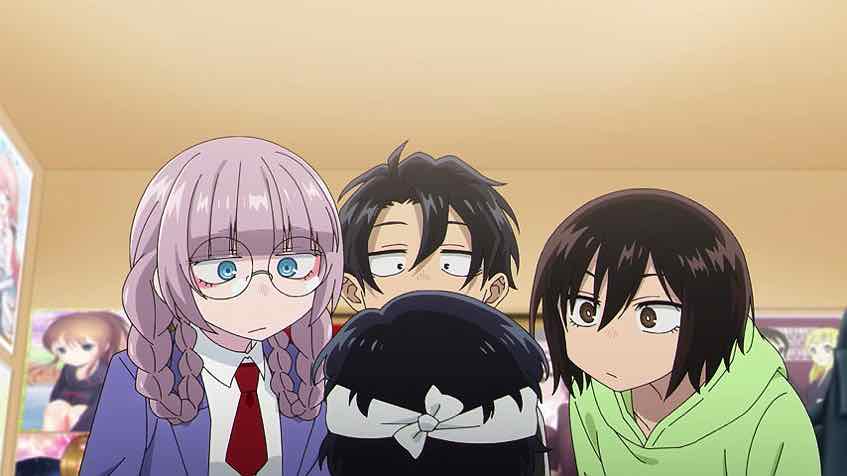
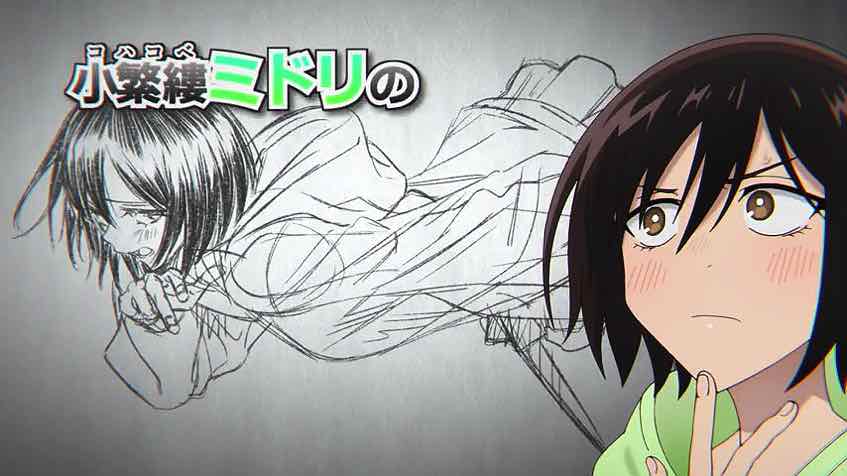
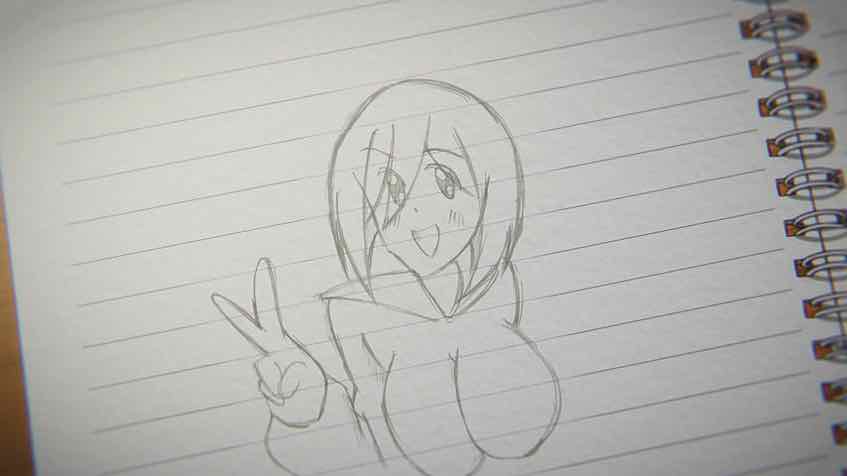
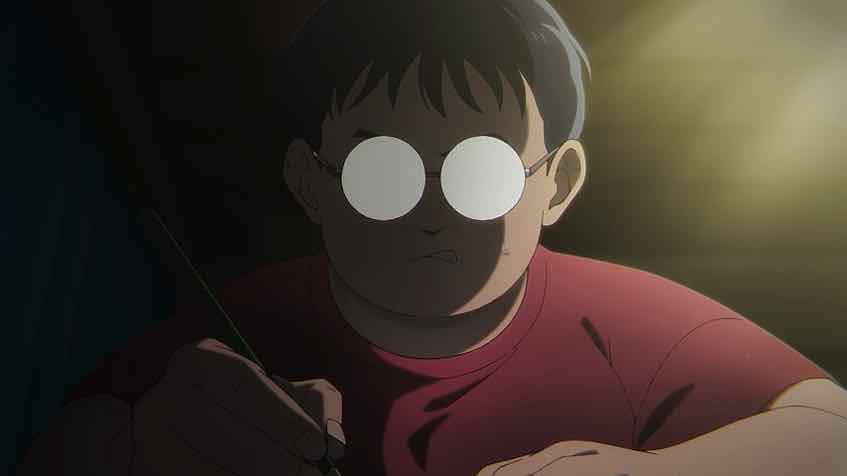

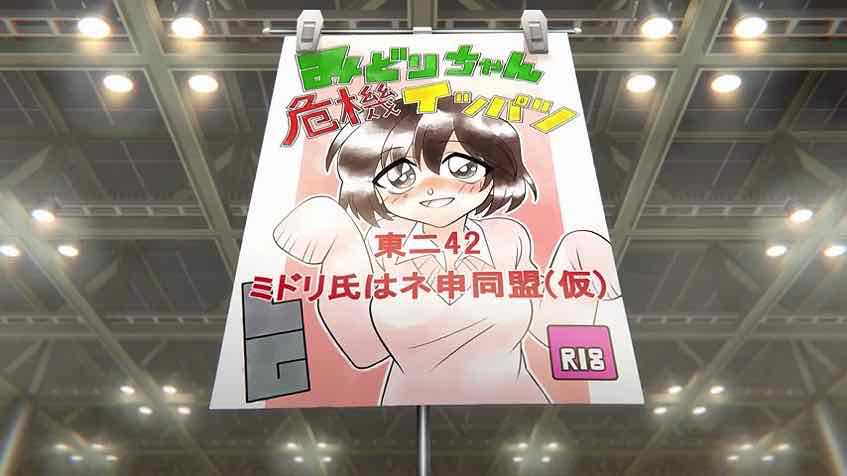
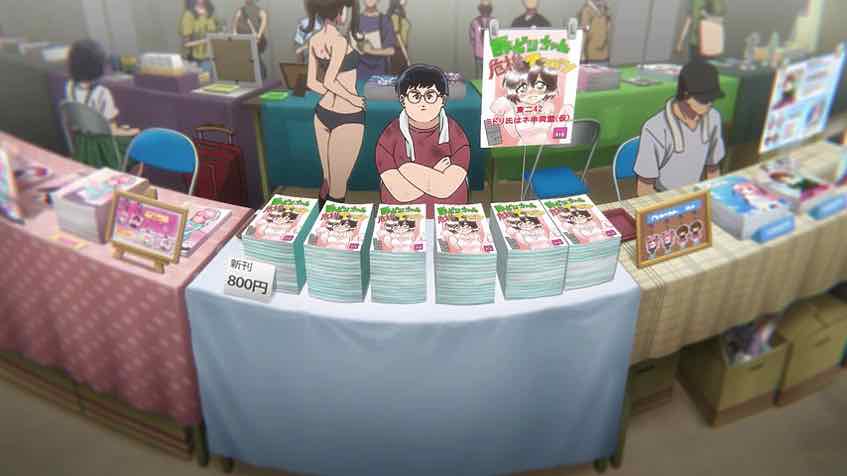
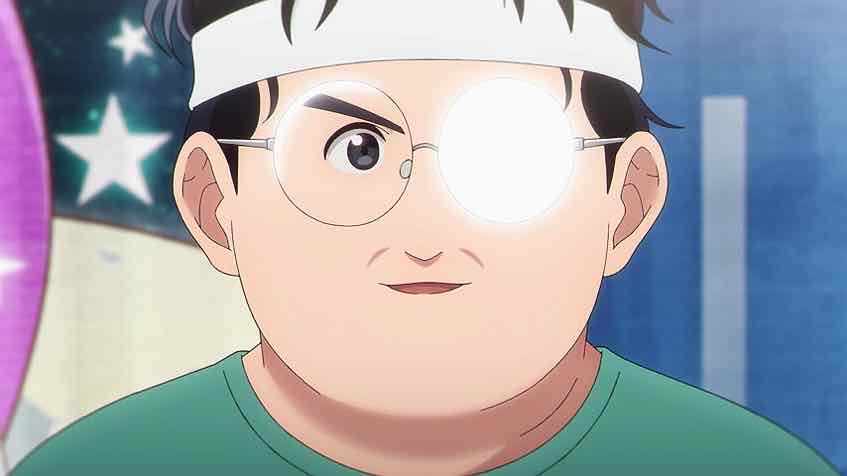
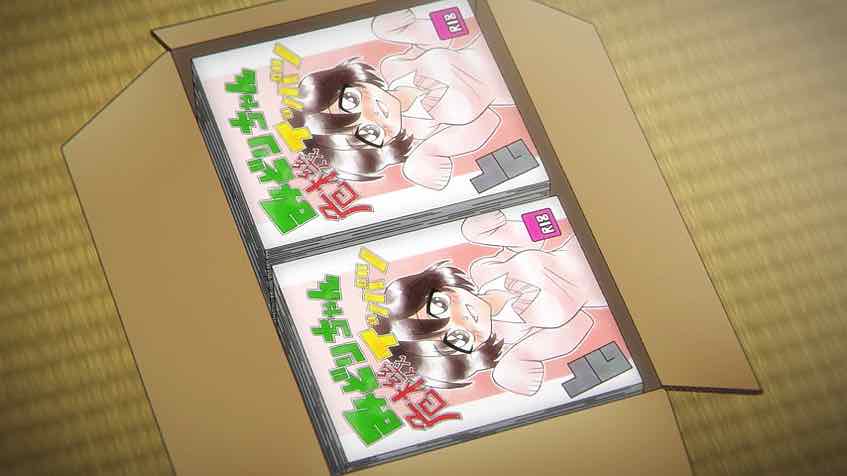
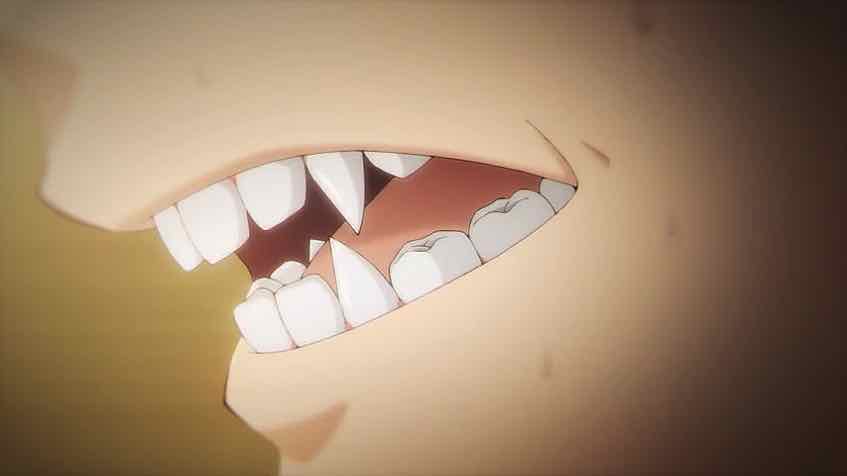
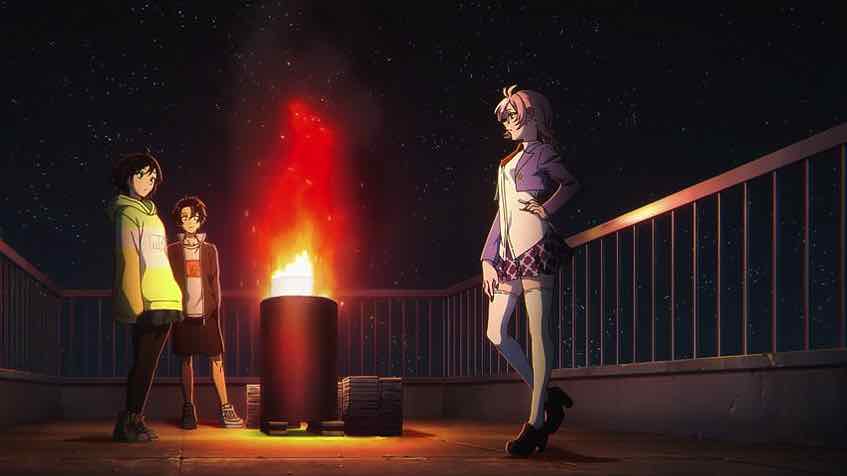
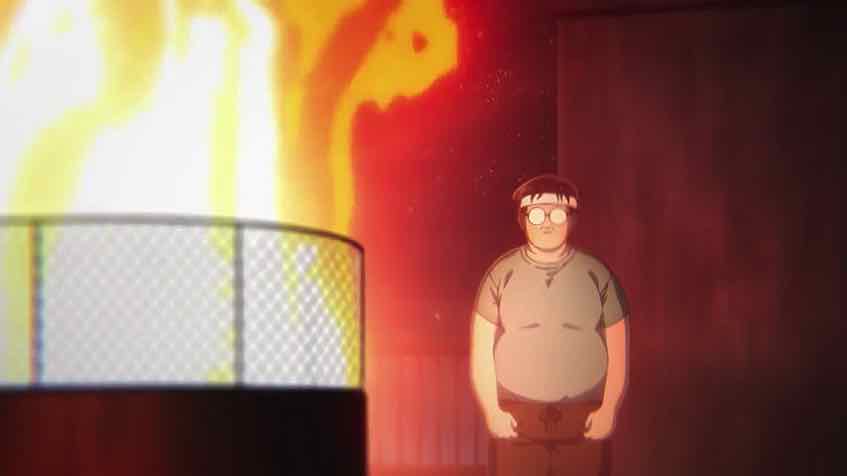
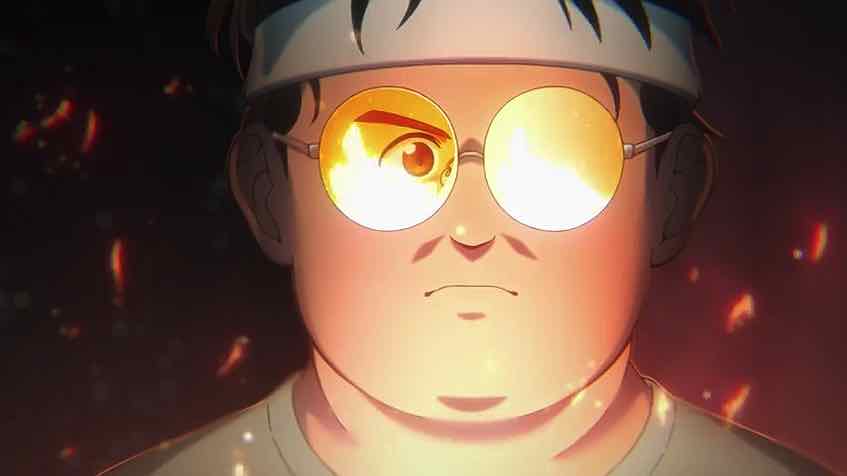
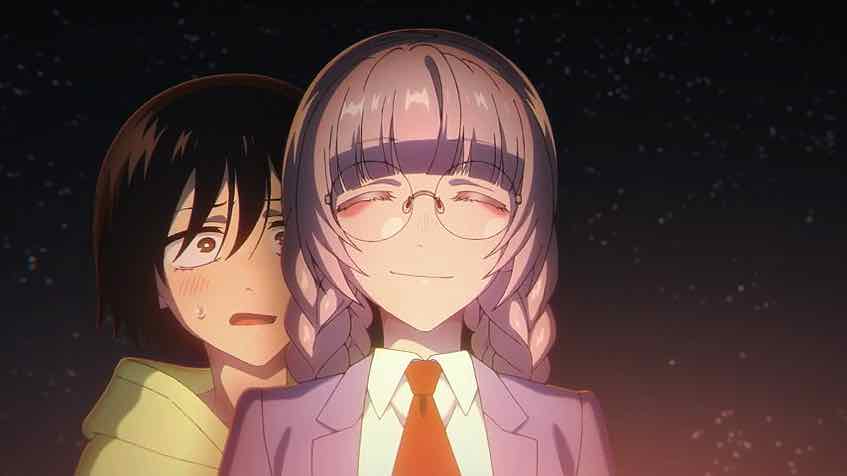
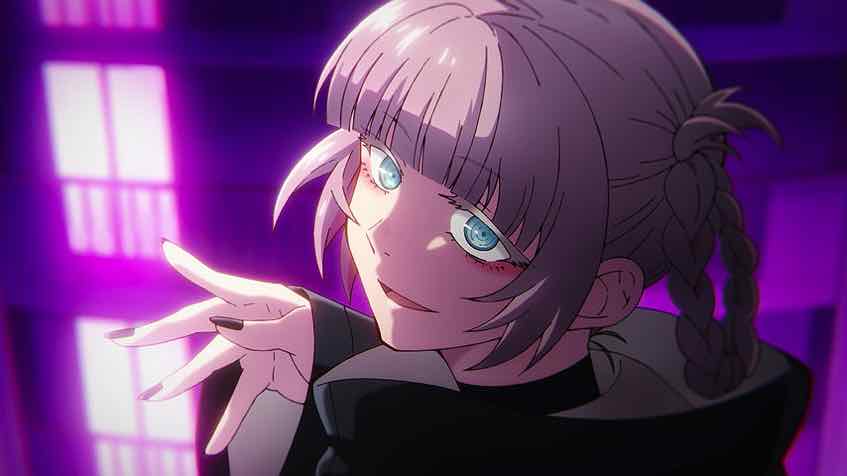
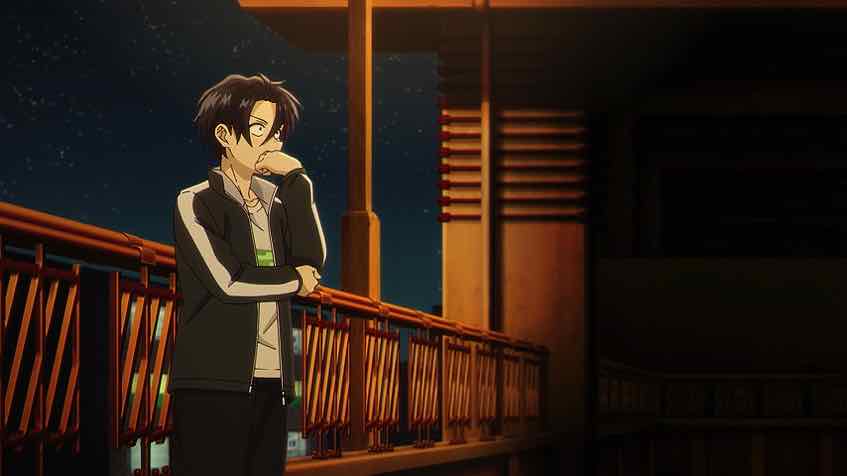
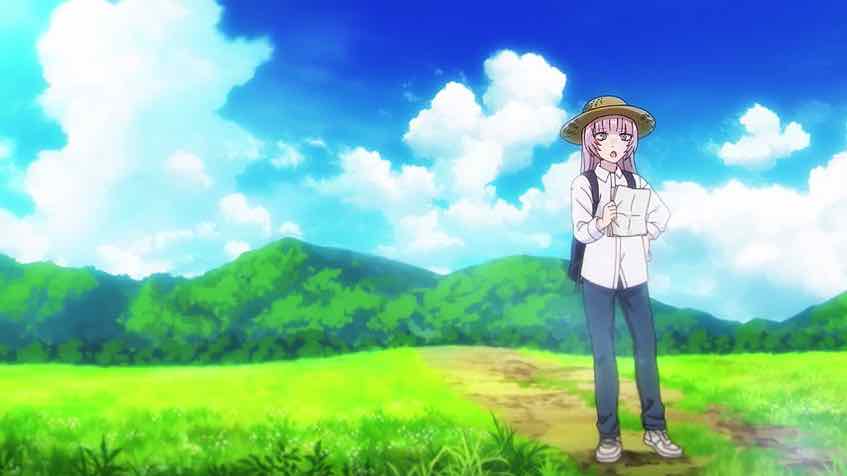

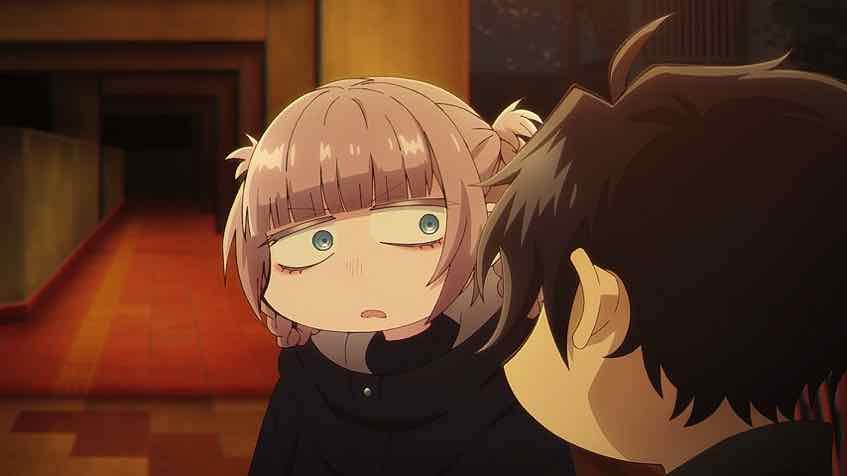
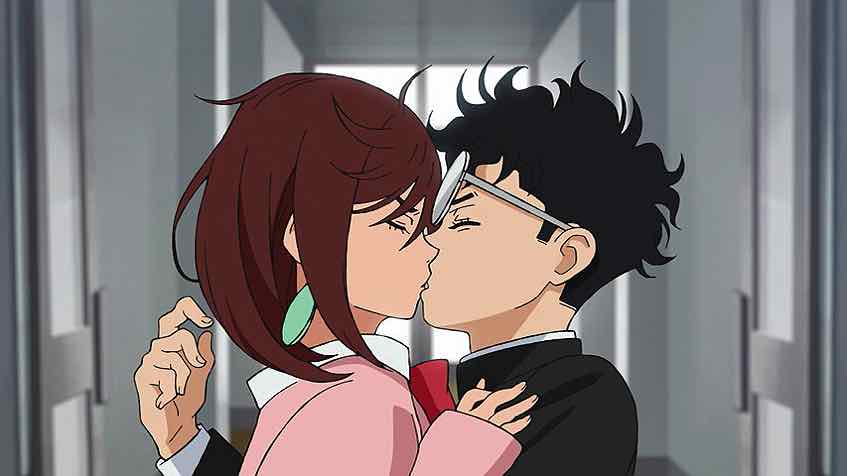

catterbu
August 10, 2025 at 4:08 amJust wanted to say I have been reading the manga along with the anime and I highly recommend it. I catch additional details in the manga and the anime does an incredible job bringing it to life. Also, I know for me personally, I find something like discord easier where I can easily see the different conversations go on. For what it is worth, it seems to be pretty easy to set up if you are ever interested, Enzo.
Guardian Enzo
August 10, 2025 at 8:18 amOh, I have considered it. As a subscriber option, frankly.